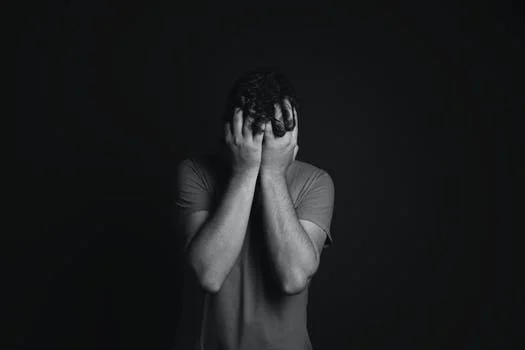Many adults have ADHD or anxiety. While there are medications to help combat the symptoms of these diagnoses, not every adult reaches the level of needing prescription intervention or wanting it. Those who want help but do not want a prescription may look to nootropics for ADHD or other over-the-counter anxiety supplements. When looking for alternative treatments, remember that the FDA does not place as stringent regulations on OTC options, so you want to be careful and look for things with natural ingredients, something you recognize.
1. Natural Remedies
Natural remedies can help curb the severity of anxiety and ADHD symptoms, maybe making it easier for adults to function. However, when looking for over-the-counter ADHD medication for adults, look for options that use research and third parties to test and analyze their claims. While the FDA may not interfere much, many legitimate companies use third-party facilities to test and verify the ingredients and efficacy of their products.
2. Mindfulness and Meditation
Maybe your symptoms are not too severe or come in waves. You can use mindfulness and meditation to gain more control over your emotions and, as a side effect, your symptoms. In mild to moderate anxiety, stressors are often the trigger for panic attacks. By learning how to relax and breathe through stressful situations, you can counter the body’s natural fight or flight response to panic, reducing and possibly mitigating the severity of an anxiety attack.
3. Exercise
If meditation isn’t your cup of tea, consider adding exercise to your daily routine. Many studies point to the effectiveness of regular exercise in reducing the likelihood and severity of anxiety. The commitment to a routine can also be good for people with ADHD.
While exercise is beneficial, you do not have to commit to hours of intense workouts to receive benefits. Even minimal levels of exercise can benefit people with anxiety. For example, taking a 15- to 30-minute walk daily can significantly reduce anxiety symptoms. You can increase the benefits of the exercise by walking outdoors in a green landscape, like a park. Sun and greenery are supposed to improve energy and feelings of happiness.
4. Diet
People with anxiety and ADHD are prone to depressive disorders and other mental health issues. Depression and other conditions can lead to binge eating and unhealthy relationships with food. The problem is the unfortunate cycle of binging and weight gain can add to mental health problems.
Eating healthy and maintaining a healthy relationship with food is beneficial in many ways. First, eating healthy ensures the body receives all the necessary nutrients to maintain good physical health. Second, nutritious diets contribute to more energy and better brain functioning. Finally, eating healthy improves mood and emotional stability.
5. Professionals
If none of the above remedies for anxiety and ADHD help, you can speak to a professional. Therapists help people work through their emotions and can help them find healthy ways to cope with symptoms. Some professionals may advise clients to take an OTC medication like Brillia — read Brillia reviews from parents to see if it’s right for you.
Finding relief from ADHD and anxiety symptoms is challenging, especially when you don’t understand the root causes of the condition. Contact a medical professional to learn more about your symptoms.

